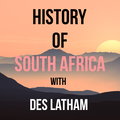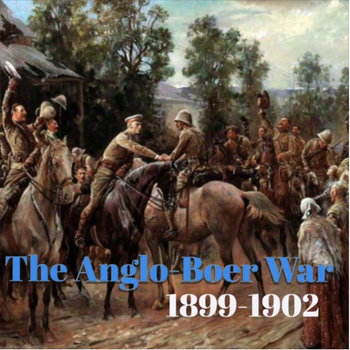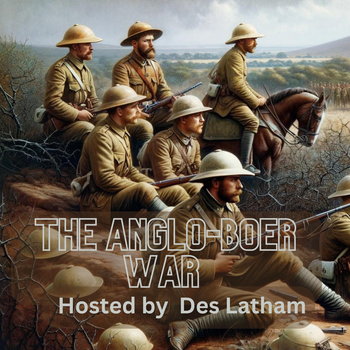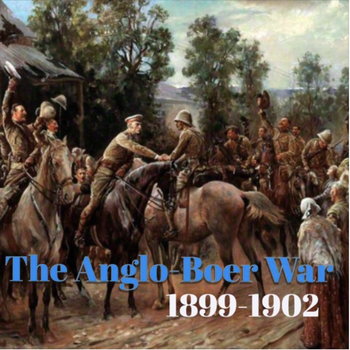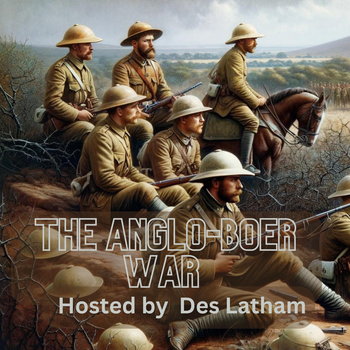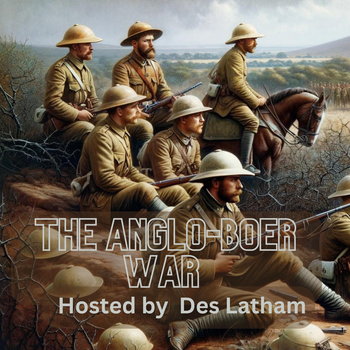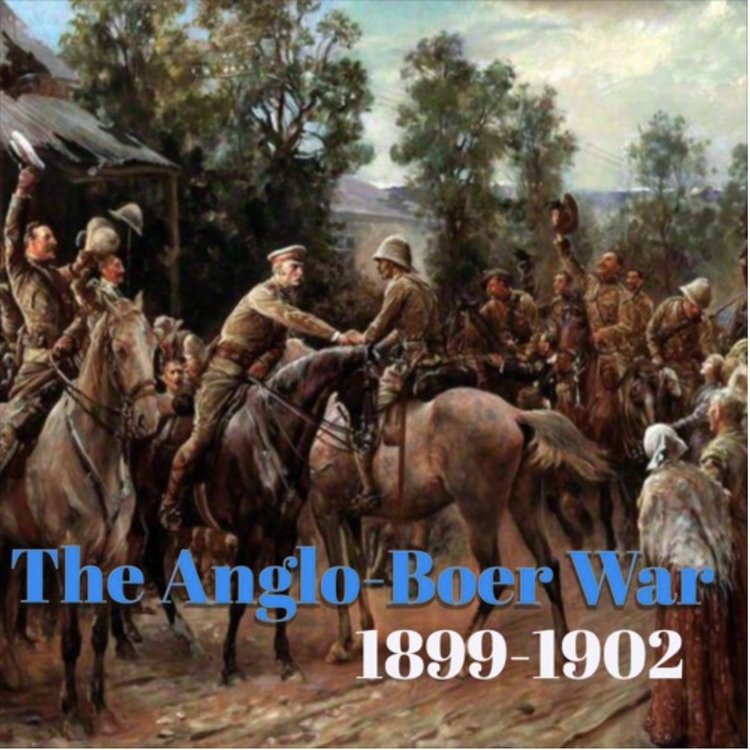
Episode 38 - Roberts marches into Pretoria but de Wet assaults Roodewal
Loading player...
For those who’ve followed this story from our start in October you know that we’re tracking the weeks of the war itself, and it’s now the first week of June 1900. This moment is what Lord Roberts has been waiting for - the triumphant march into the Transvaal Capital Pretoriathus putting an end to the uppity Boers.
But there’s more bad news mixed with the good for the British. Christian de Wet, Koos de la Rey and Louis Botha along with other Boer leaders, are going to make the English lives a misery over the next 24 months, so Roberts and his men may as well enjoy the Indian Summer while they can.
In the traditional mode of warfare in Europe, the army arrives at the capital, destroys the opposing army, the generals hand over their swords, the monarchy or political leadership kow tows and the war is over. Reparations and various modes of punishment follow. As Napoleon found out when he ransacked and burnt Moscow, its not that simple.
And in Africa, things are far more complex. Often there’s no capital, there’s no proper army, there’s just an vague hint of force - then its gone. Its like a myth, a legend and momentarily it appears to cut your throat or knock your commander from his horse at a distance of 2 kilometers. For proper soldiers brought up on dignified marches and saluting, parade ground discipline, stratified leadership, court martials and empire states, the war in Africa is still infuriating and mysterious.
General Christian de Wet was about to attack Roodewal Station in the Free State, way behind British lines, in an incident which shook the British and caused the loss of half a million pounds of goods - which in 1900 was a real fortune.
But there’s more bad news mixed with the good for the British. Christian de Wet, Koos de la Rey and Louis Botha along with other Boer leaders, are going to make the English lives a misery over the next 24 months, so Roberts and his men may as well enjoy the Indian Summer while they can.
In the traditional mode of warfare in Europe, the army arrives at the capital, destroys the opposing army, the generals hand over their swords, the monarchy or political leadership kow tows and the war is over. Reparations and various modes of punishment follow. As Napoleon found out when he ransacked and burnt Moscow, its not that simple.
And in Africa, things are far more complex. Often there’s no capital, there’s no proper army, there’s just an vague hint of force - then its gone. Its like a myth, a legend and momentarily it appears to cut your throat or knock your commander from his horse at a distance of 2 kilometers. For proper soldiers brought up on dignified marches and saluting, parade ground discipline, stratified leadership, court martials and empire states, the war in Africa is still infuriating and mysterious.
General Christian de Wet was about to attack Roodewal Station in the Free State, way behind British lines, in an incident which shook the British and caused the loss of half a million pounds of goods - which in 1900 was a real fortune.
